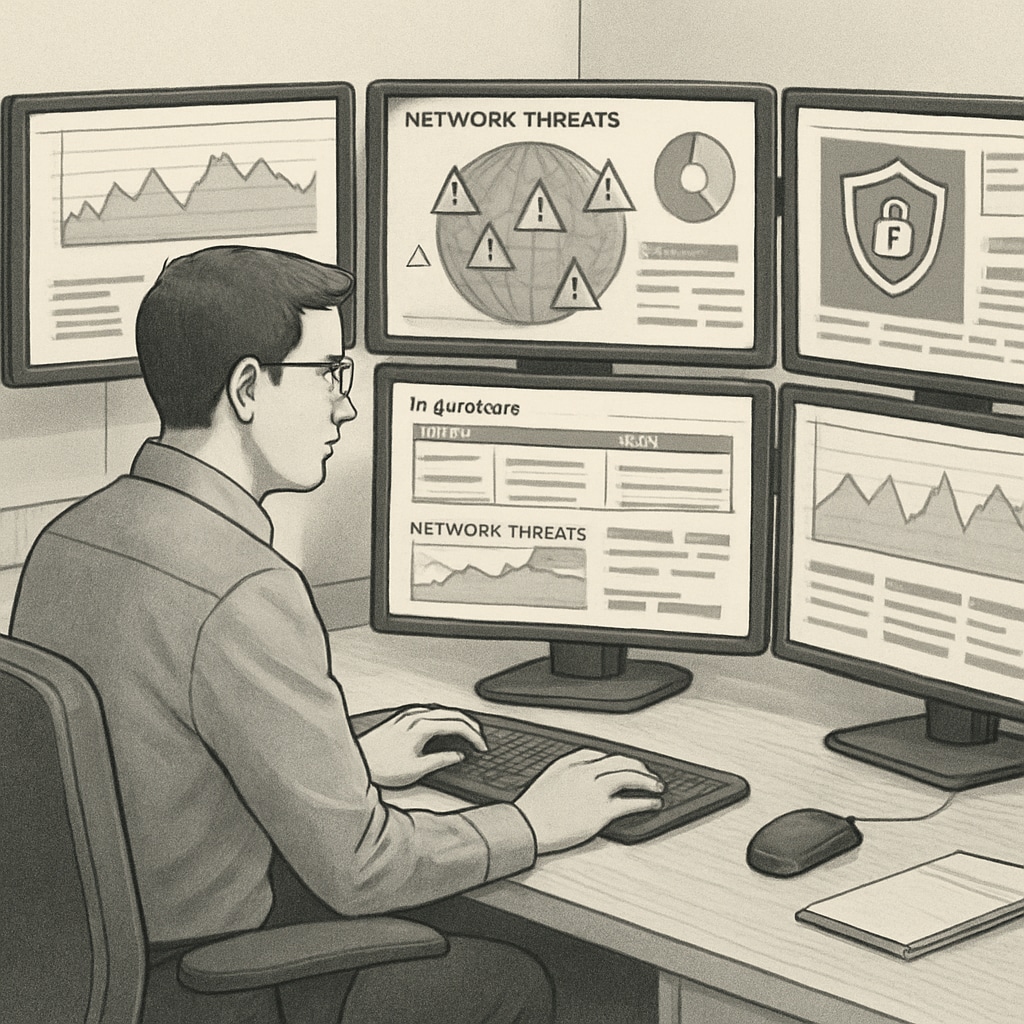In today’s rapidly growing cybersecurity field, the demand for skilled professionals far outpaces supply. While some believe that university reputation plays a key role in securing employment, the reality is shifting. Employers in the cybersecurity sector increasingly prioritize hands-on skills and experience over the prestige of a candidate’s alma mater. This article examines the influence of university reputation on cybersecurity employment and provides actionable strategies for professionals from less prominent universities to thrive in this competitive industry.
The Role of University Reputation in Cybersecurity Careers
University reputation has long been considered a significant factor in job placement across various industries. However, cybersecurity is unique in its emphasis on technical expertise and practical problem-solving. For example, hiring managers often seek candidates proficient in penetration testing, threat analysis, and programming languages like Python or C++. As a result, the weight of a university’s prestige declines when compared to a candidate’s ability to demonstrate these skills.
According to Britannica’s article on cybersecurity, the field is inherently skill-driven, requiring individuals to adapt to rapidly evolving threats and technologies. Therefore, even graduates from lesser-known universities can excel if they possess exceptional technical abilities and a strong portfolio of projects.

Strategies to Excel Without a Prestigious University Background
For individuals from non-elite universities, breaking into cybersecurity roles may seem challenging but is entirely achievable. Here are several strategies to enhance your employability:
- Focus on Certifications: Earning industry-recognized certifications such as CompTIA Security+, Certified Information Systems Security Professional (CISSP), or Certified Ethical Hacker (CEH) demonstrates your expertise.
- Build a Portfolio: Showcase your skills through projects like personal websites, GitHub repositories, or contributions to open-source initiatives.
- Engage in Internships: Practical experience gained during internships or freelance work can significantly boost your resume.
- Network Actively: Participate in cybersecurity conferences, webinars, and online communities to build professional connections.
- Stay Updated: Cybersecurity evolves rapidly; staying informed about emerging threats and technologies is crucial.
These strategies not only enhance your technical capabilities but also demonstrate your commitment to the field, making you a more attractive candidate irrespective of your educational background.

Why Employers Prioritize Skills Over University Prestige
Employers in the cybersecurity domain face urgent challenges, including ransomware attacks, data breaches, and other sophisticated cyber threats. As a result, they focus on hiring individuals who can deliver immediate results. A candidate’s ability to identify vulnerabilities, mitigate risks, and implement robust security measures outweighs the prestige of their academic institution.
For example, organizations like the National Security Agency (NSA) often recruit talent based on performance in cybersecurity challenges rather than solely relying on educational pedigree. This trend underscores the growing emphasis on capability and readiness over traditional measures of academic reputation.
Furthermore, the rise of bootcamps and online training platforms has democratized access to cybersecurity education, enabling learners from diverse backgrounds to acquire high-demand skills. This shift reinforces the idea that practical expertise is the ultimate differentiator in the hiring process.
Conclusion: Success Beyond University Reputation
In the cybersecurity job market, the debate over university reputation versus practical skills is becoming increasingly irrelevant. Employers are more interested in what a candidate can do than where they studied. By focusing on certifications, experience, and continuous learning, professionals from non-prestigious universities can successfully compete in this growing field.
Ultimately, the key to cybersecurity career success lies in adaptability, technical competence, and a proactive approach to skill development. Regardless of your alma mater, the opportunities are vast for those willing to invest in themselves and their professional growth.


